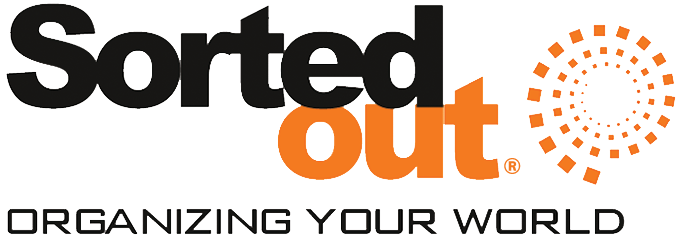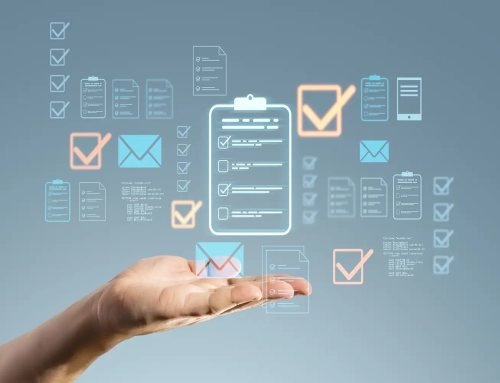
Is it hypocritical of me to finally be sitting down to write this post on the eve of my self-governed deadline for it? Probably! But the truth of the matter is no one is 100% safe from the pitfalls of the dreaded “P” word… procrastination. Maybe it’s been something you’ve struggled with your entire life; something that haunted you throughout your entire education and now in your position at work. Maybe procrastination is only a problem when it’s a work task that doesn’t truly excite you. Maybe you’re ultimately pretty good at avoiding procrastination…so long as nothing from your personal life is creeping its’ way into your mind during work hours.
No matter what the personal circumstances may be, we’ve all been there. At some point we’ve all found ourselves putting tasks off for another time, or, with our backs against the wall working under a (now) tight deadline because we didn’t complete the work when we should have. While procrastinating isn’t ever going to be 100% eliminated from our lives, there are several things you can do to combat this pesky productivity problem.
Set Clear Goals
The first step to minimizing procrastination in the workplace is the same first step you should take when beginning any new process: goal setting. You want to clearly define your goals, both long-term and short-term. When setting your goals be sure they are reasonable, measurable, and obtainable. Knowing exactly what you hope to accomplish will help you stay on-task and focused throughout the process.
Prioritize & Set Deadlines
Once you know exactly what your short and long term goals are for each project, it’s time to prioritize and set deadlines to keep the procrastination at bay. Make a to-do list of tasks beginning first with those tasks that need to be done “now”. Next, add tasks that can be worked on once the more pressing or “prerequisite” priority tasks are completed. Set a deadline for when each task must be completed by. Setting deadlines will help keep you accountable for all tasks, not just the ones of top priority.
Time Block
I’ve said it before; time blocking is one of the most helpful tools you can use to beat procrastination! I broke down the concept of time blocking and wrote specifically about how to time block in five easy steps HERE. But in terms of reducing general procrastination, you’ll want to consider how much time you will need to complete each task on your list. Make sure you allow enough time for each task. And while you want to include some flexibility in case an issue arises, be reasonable with your planning and don’t block so much that you have an overabundance of time for procrastination. The human brain most wants to procrastinate when it begins to burn out; so, make sure you also include short breaks between tasks to avoid wearing yourself out. When the tasks at hand begin to feel overwhelming it also leads to procrastination. When time-blocking, break up your tasks into smaller steps so they are more manageable and less likely to overwhelm you.
Avoid Distractions
Another thing that will help procrastination from taking over is to avoid distractions. When possible, work in a quiet space. If you have an office, close the door, and put up a sign to avoid being interrupted while working on a project or important task.
The biggest temptation when it comes to distraction is your phone. If able, turn off your phone or silence notifications. If you don’t need your phone or computer at all, working away from them will help immensely. Leaving your phone in your desk and working even a small distance away from your computer will help protect you from the temptation of wanting to check incoming emails, social media, etc.
Reflect
At the end of each workweek, take some time to list what worked well for you during that time. Then, list other things that could potentially be adjusted to optimize your productivity and time management.
Also ask yourself: How were your daily personal habits this week? Are you getting enough sleep? Enough water? Self-care is just as important to productivity as avoiding distractions and time blocking! The more focused you are during the week, the better your performance will be. An individual’s focus thrives when they take care of themselves. This includes keeping healthy by staying hydrated, eating well, taking short breaks, etc.
Reward Yourself
If you’re successfully noticing a decrease in procrastination and an increase in productivity? Good work!! It’s not easy to reevaluate and change processes and habits long engrained in your life, so you deserve an additional reward for the progress you’re making! Think of small things you can do to reward yourself at the end of a long day, the end of a project, or the end of the week. Achieving small goals and obtaining small rewards for reaching those goals will keep you motivated to stay on track. Small rewards and self-praise for your progress also help reinforce positive behaviors and habits that you’ll hopefully make part of your daily work life going forward.
As I said, truly no one is safe from the procrastination bug. However, recognizing when your habits or routines are due for a necessary change is half the battle of combating procrastination. If you’ve noticed yourself feeling more overwhelmed at work or can anticipate the dreaded burnout on the horizon, please give us a call or send us an email at info@sortedout.com. Our team of organizers hold multiple certificates, including Time Management and Productivity, so we can pair you with the best professional for your circumstances and make procrastination a thing of your past!
Looking forward to hearing from you!
Tonia
Request a Consultation
There are so many ways that organization can help take back a space that is overwhelming and bring it to functional! We are excited to help start your journey to an organized and productive space.






